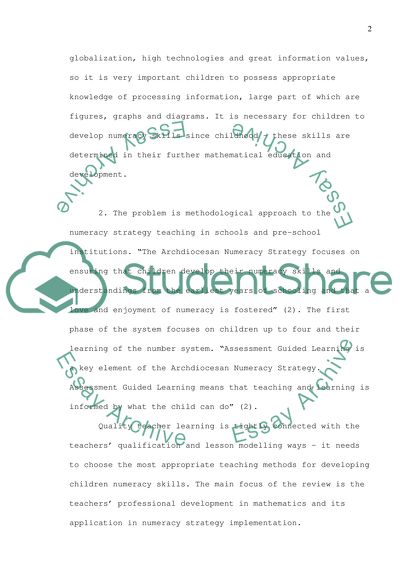Cite this document
(“The Effectiveness of Professional Development in Mathematics Essay”, n.d.)
The Effectiveness of Professional Development in Mathematics Essay. Retrieved from https://studentshare.org/education/1510932-the-effectiveness-of-professional-development-in-mathematics
The Effectiveness of Professional Development in Mathematics Essay. Retrieved from https://studentshare.org/education/1510932-the-effectiveness-of-professional-development-in-mathematics
(The Effectiveness of Professional Development in Mathematics Essay)
The Effectiveness of Professional Development in Mathematics Essay. https://studentshare.org/education/1510932-the-effectiveness-of-professional-development-in-mathematics.
The Effectiveness of Professional Development in Mathematics Essay. https://studentshare.org/education/1510932-the-effectiveness-of-professional-development-in-mathematics.
“The Effectiveness of Professional Development in Mathematics Essay”, n.d. https://studentshare.org/education/1510932-the-effectiveness-of-professional-development-in-mathematics.


